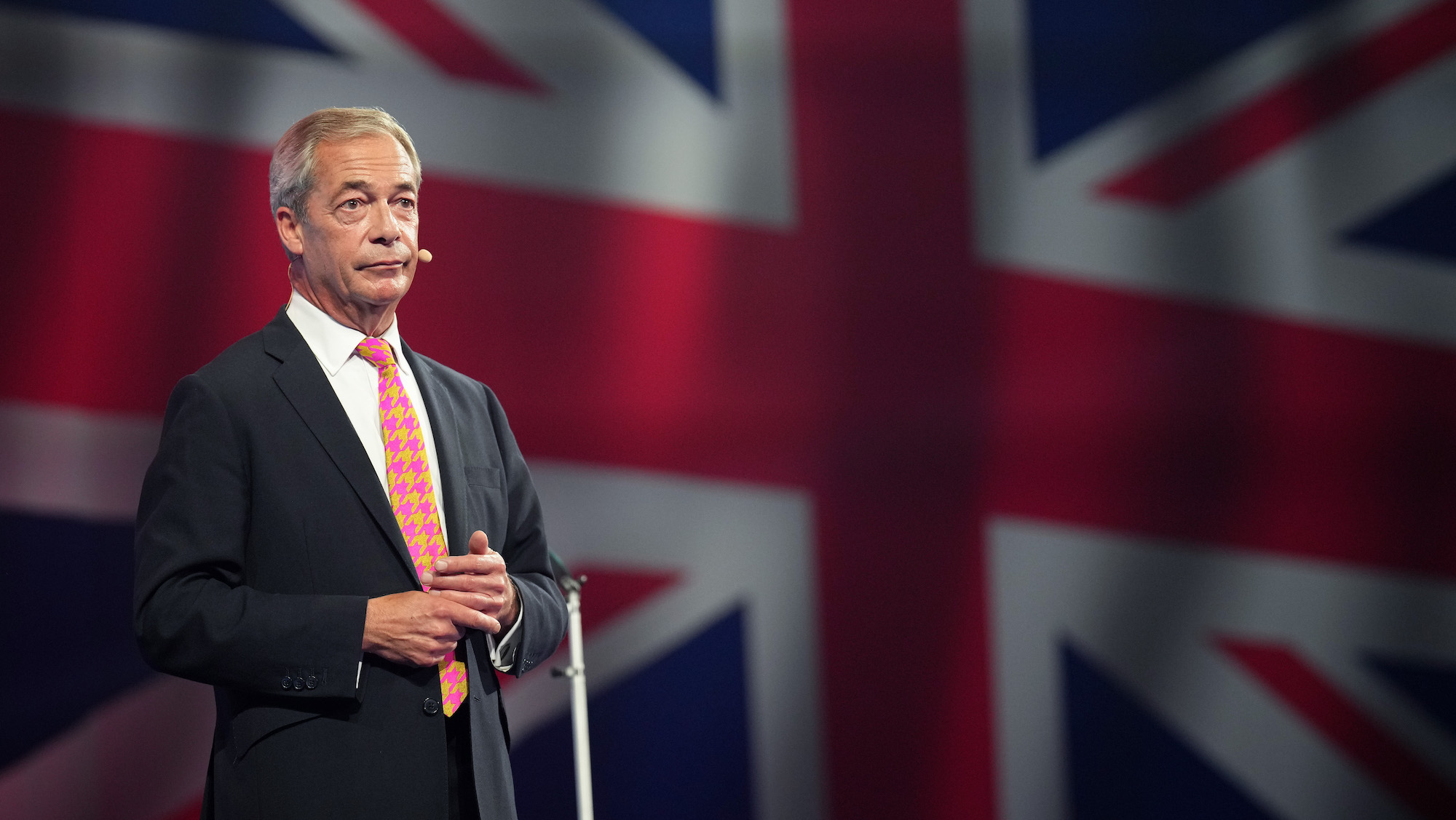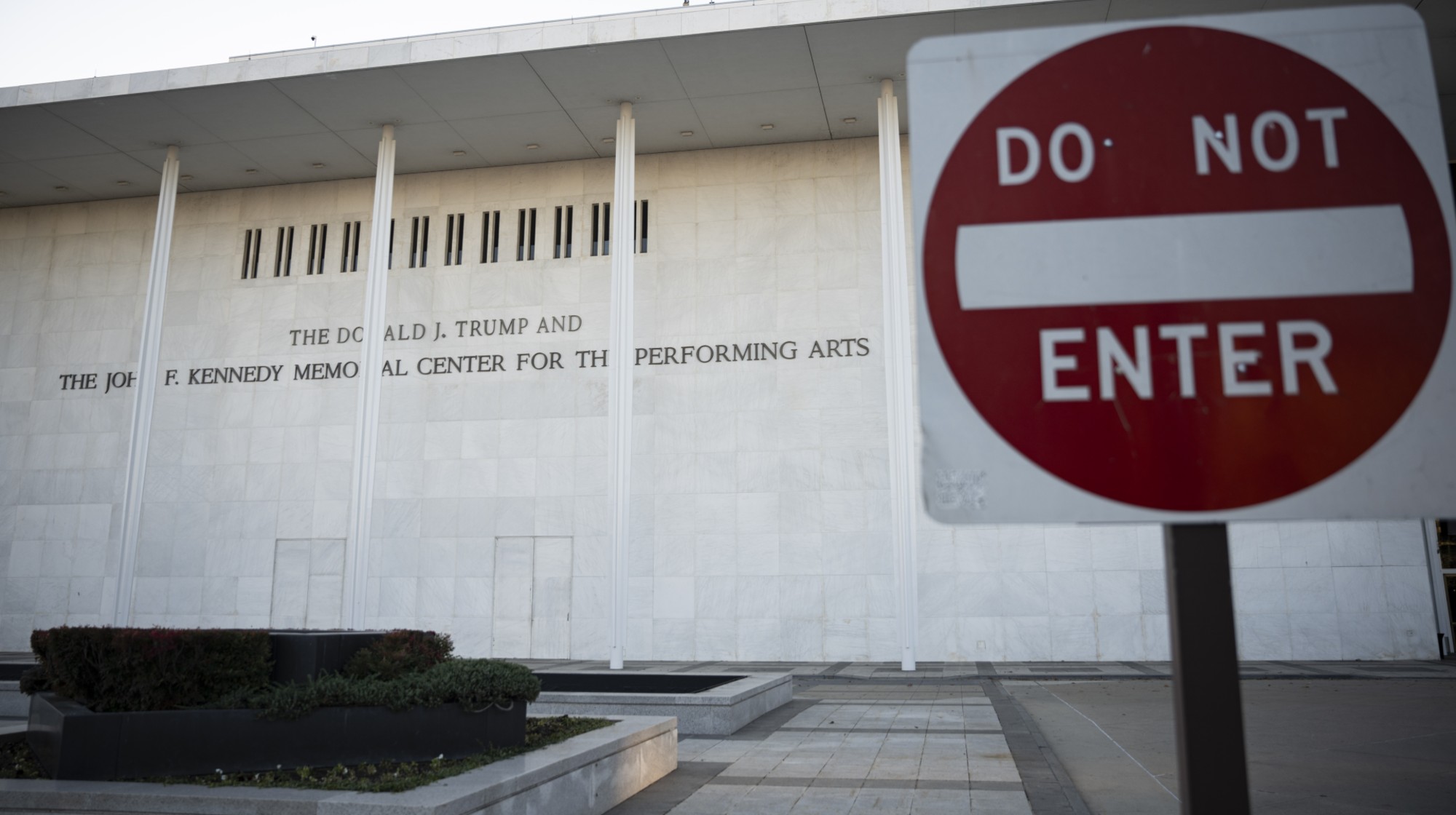What next for Reform UK?
Farage says party should learn from the Lib Dems in drumming up local support

A free daily email with the biggest news stories of the day – and the best features from TheWeek.com
You are now subscribed
Your newsletter sign-up was successful
"This weekend is when Reform UK comes of age," bellowed Nigel Farage at his party's largest-ever conference in Birmingham over the weekend, as he both revelled in its unexpected election success and looked to strengthen its future ambitions.
Farage and Reform "shook up" the general election in July, capitalising on the Conservatives' failing fortunes to win five seats in Parliament and come "third in the popular vote", said Politico.
That was a "warning shot to the established political parties", and while the Reform leader continued to reinforce his upstart message of defiance to the existing members at the conference, it was the declaration that the party must now begin "taking itself seriously" to make future progress.
The Week
Escape your echo chamber. Get the facts behind the news, plus analysis from multiple perspectives.

Sign up for The Week's Free Newsletters
From our morning news briefing to a weekly Good News Newsletter, get the best of The Week delivered directly to your inbox.
From our morning news briefing to a weekly Good News Newsletter, get the best of The Week delivered directly to your inbox.
'Capitalise on disillusionment'
Ahead of the conference, Farage announced he would relinquish control of the party, which had been set up as a limited company, to its members and set up as other political parties do. That change was one of the initial signs that Farage is looking to make the party "fit for the long-term future", said The Independent. There are also likely to be "wide-ranging changes" to the party's structure as it looks towards its next big test at local elections in England next year.
That will be a building block towards the next general election when Reform hopes to "capitalise on disillusionment" of Labour and Tory voters to gain more seats, said Politico.
But to get there, the party needs to "professionalise", Farage said, as he "urged his party to learn from the Liberal Democrats" and focus efforts on "local activism and winning seats on councils" to "attract middle-of-the-road voters" sick of "endless scandals", said the BBC.
'Self-forced errors'
If Reform is to attract those disillusioned voters it must also rid itself of the "self-forced errors" it made in the last campaign, said Katy Balls in The Spectator. The party "is already working on candidate selection", she wrote, after it blamed poor vetting for getting caught in racism rows involving prospective candidates.
A free daily email with the biggest news stories of the day – and the best features from TheWeek.com
By distancing itself from these controversies, Farage believes the party can challenge Labour as it did with the Tories in the last election. While immigration remains Reforms "cause célèbre" and will push Labour on any "shortcomings", it will also hope to attack Labour's "austerity" and any job losses caused by its "so-called green transition".
There is a sense that Farage is approaching Reform's future with "hard-headed pragmatism", hence the "dull but important changes" announced at the conference, said Politico. But while he's given "members control of the party" and pushed them to pounce on public disillusionment, Farage "is still its main attraction".
Richard Windsor is a freelance writer for The Week Digital. He began his journalism career writing about politics and sport while studying at the University of Southampton. He then worked across various football publications before specialising in cycling for almost nine years, covering major races including the Tour de France and interviewing some of the sport’s top riders. He led Cycling Weekly’s digital platforms as editor for seven of those years, helping to transform the publication into the UK’s largest cycling website. He now works as a freelance writer, editor and consultant.
-
 The ‘ravenous’ demand for Cornish minerals
The ‘ravenous’ demand for Cornish mineralsUnder the Radar Growing need for critical minerals to power tech has intensified ‘appetite’ for lithium, which could be a ‘huge boon’ for local economy
-
 Why are election experts taking Trump’s midterm threats seriously?
Why are election experts taking Trump’s midterm threats seriously?IN THE SPOTLIGHT As the president muses about polling place deployments and a centralized electoral system aimed at one-party control, lawmakers are taking this administration at its word
-
 ‘Restaurateurs have become millionaires’
‘Restaurateurs have become millionaires’Instant Opinion Opinion, comment and editorials of the day
-
 Kurt Olsen: Trump’s ‘Stop the Steal’ lawyer playing a major White House role
Kurt Olsen: Trump’s ‘Stop the Steal’ lawyer playing a major White House roleIn the Spotlight Olsen reportedly has access to significant US intelligence
-
 ICE eyes new targets post-Minnesota retreat
ICE eyes new targets post-Minnesota retreatIn the Spotlight Several cities are reportedly on ICE’s list for immigration crackdowns
-
 Gavin Newsom and Dr. Oz feud over fraud allegations
Gavin Newsom and Dr. Oz feud over fraud allegationsIn the Spotlight Newsom called Oz’s behavior ‘baseless and racist’
-
 Businesses are caught in the middle of ICE activities
Businesses are caught in the middle of ICE activitiesIn the Spotlight Many companies are being forced to choose a side in the ICE debate
-
 The high street: Britain’s next political battleground?
The high street: Britain’s next political battleground?In the Spotlight Mass closure of shops and influx of organised crime are fuelling voter anger, and offer an opening for Reform UK
-
 Venezuela’s Trump-shaped power vacuum
Venezuela’s Trump-shaped power vacuumIN THE SPOTLIGHT The American abduction of Venezuelan President Nicolás Maduro has thrust South America’s biggest oil-producing state into uncharted geopolitical waters
-
 Wave of cancellations prompts Kennedy Center turmoil
Wave of cancellations prompts Kennedy Center turmoilIN THE SPOTLIGHT Accusations and allegations fly as artists begin backing off their regularly scheduled appearances
-
 The MAGA civil war takes center stage at the Turning Point USA conference
The MAGA civil war takes center stage at the Turning Point USA conferenceIN THE SPOTLIGHT ‘Americafest 2025’ was a who’s who of right-wing heavyweights eager to settle scores and lay claim to the future of MAGA